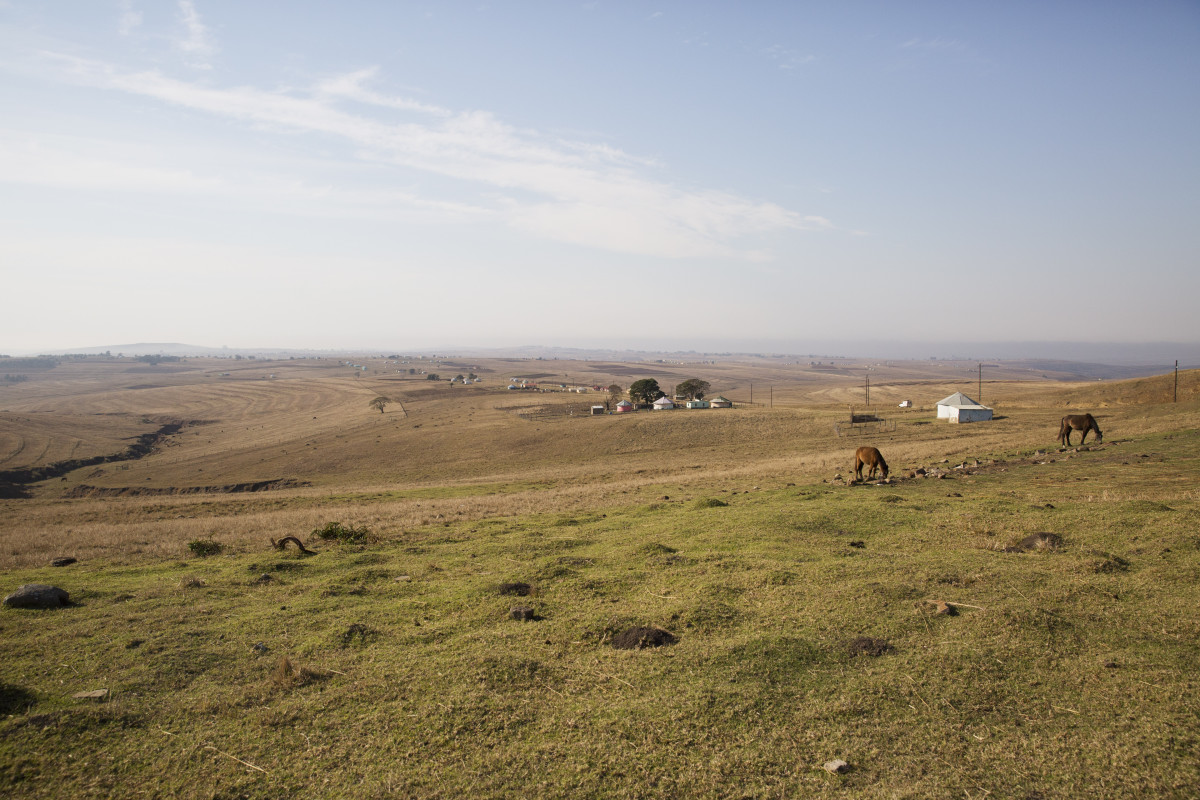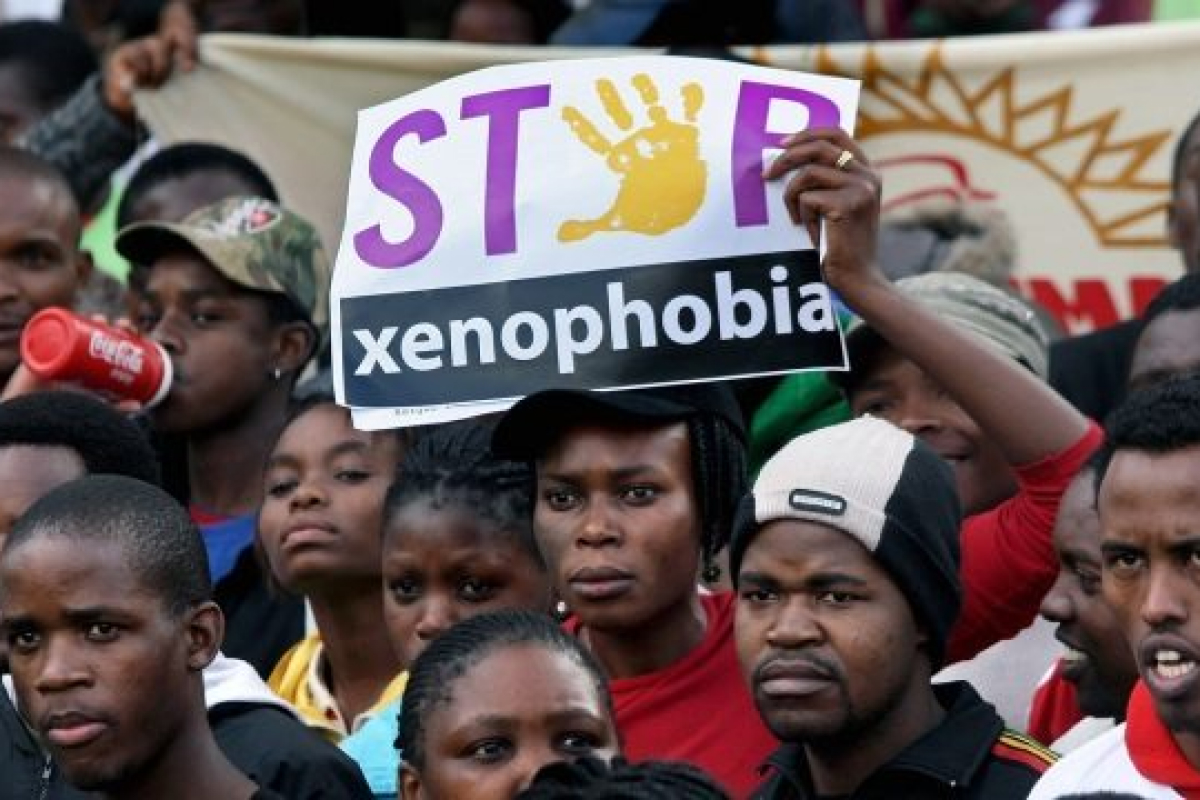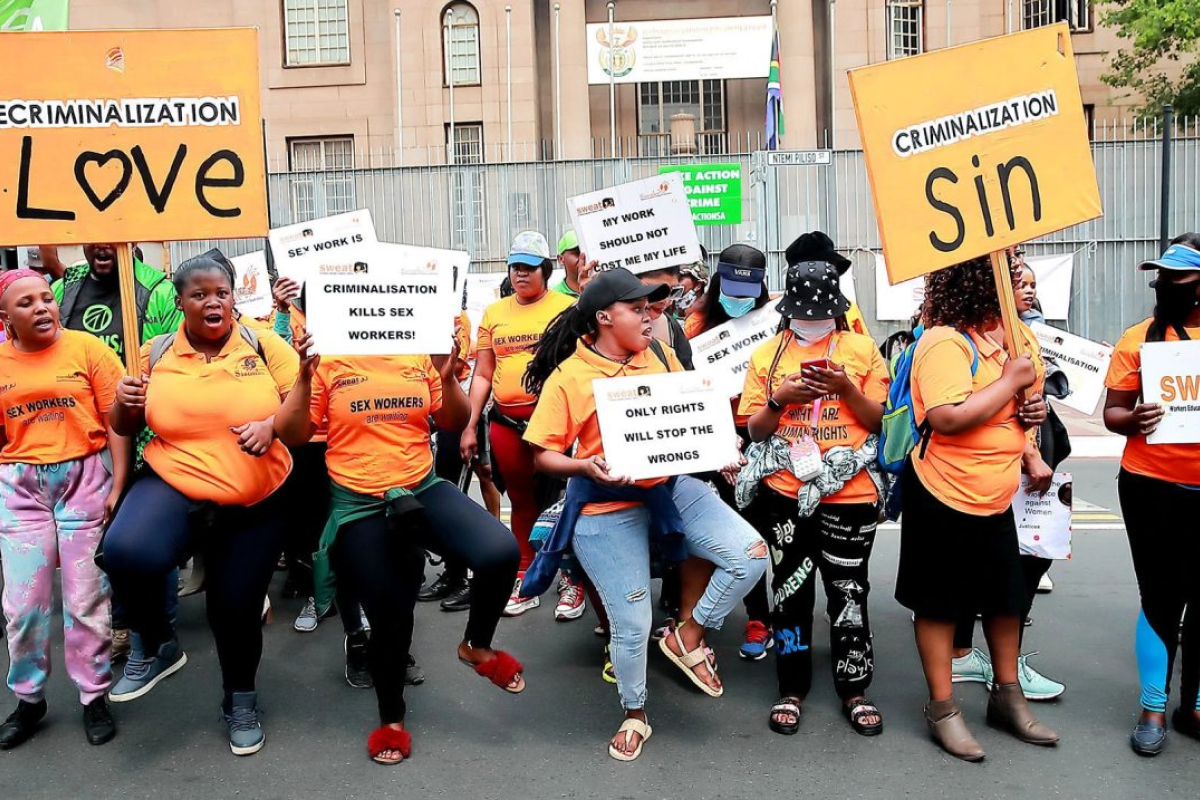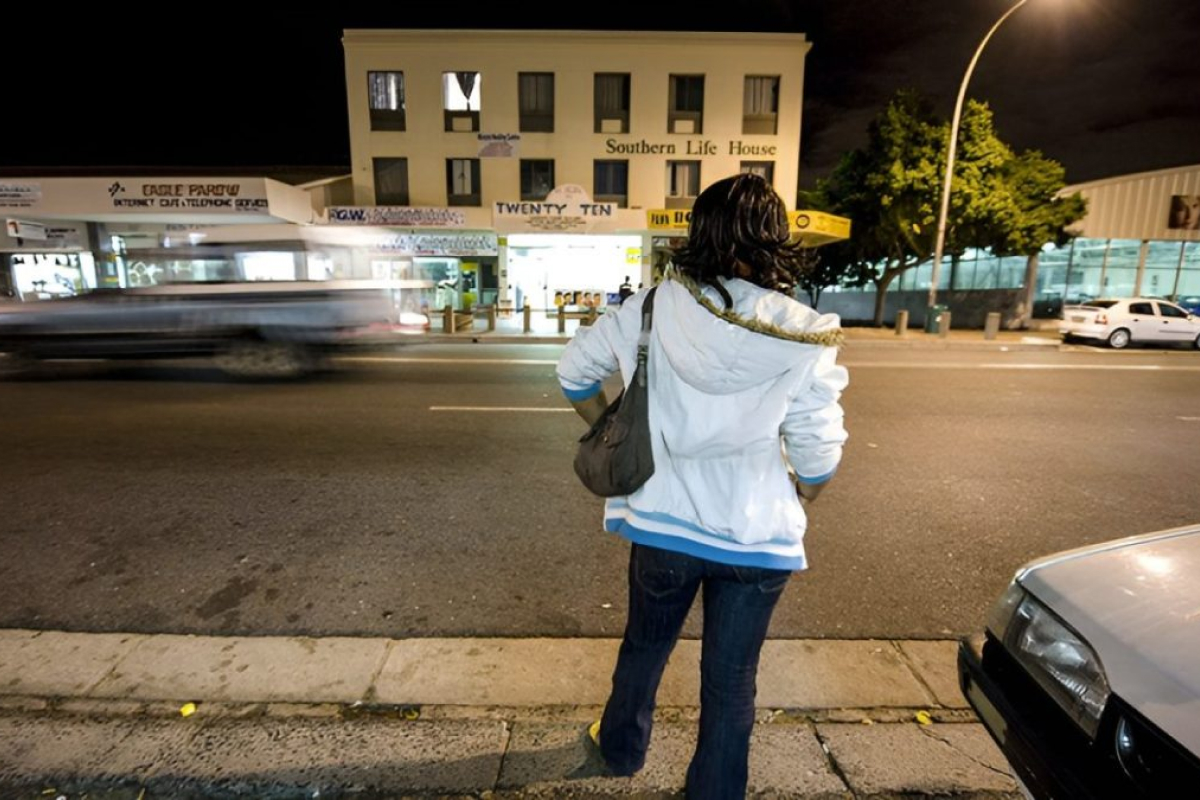This is an abridged transcript of Mamphela Ramphele’s speech given at UCT in March 2012.

The Traditional Courts Bill is, “Goodbye apartheid in 1994, welcome apartheid in 2012.” It is a cruel irony that we are talking about this in 2012.
What’s it all about?
This is about the bill of rights that we signed up for. This is about the rule of law. This is about equality before the law.
When Madiba told me that, as part of the negotiated settlement, they are going to enshrine customary law in the constitution, I said, “Tata, be careful not to end up in a situation where all your sacrifices as a freedom fighter are undermined by the inherent contradictions between customary law, or traditional law, or African law, and the constitutional law under which we live.”
This is not because there is anything wrong with African law. It is because we live in a progressive constitutional framework that seeks to establish, as Madiba said, a regime that never existed here. And probably has never existed in many other countries, including Great Britain, which does not have a constitution. We are not talking about doing something which we are borrowing from someone. We are talking about being an example.
People revere the kind of constitutional democratic order we have. We need to remember that this order was established because of the experiences we had as subjects of authoritarian systems.
Authoritarian systems are not just restricted to the apartheid system. Most of the people in South Africa, even those who come from Britain, Germany, France, or who are of the Jewish or Muslim faiths, we all come from authoritarian systems in one form or another. And all of us had to put aside those systems in order to celebrate the equality which lies at the heart of our constitution.
Please don’t disturb our authoritarianism
So for Africans to say “No, no, no, please don’t disturb our particular form of authoritarianism,” is odd. Because equality is better for everybody: traditional leaders, poor people, rich people, men and women.
Because authoritarian systems everywhere in the world don’t just stop at imposing their will on everybody. They target the most vulnerable. So an authoritarian person in the home, ‘the head of the household’, if that person feels threatened, the person he goes for is not his neighbour who is as big as he is – it is his wife and children.
So we cannot have a system without checks and balances on the powers of people simply because they happen to be born leaders. Everyone, whether you are a leader, an archbishop, a doctor – you all have to be subject to the new democratic constitutional order. This bill absolutely violates this precept.
I am concerned about it for another reason. Again, if you look at those two provinces, one, my native province, Limpopo, and the other, my adopted province, the Eastern Cape, why are they the poorest? It is not because they lack resources. Those two provinces were the leaders in South Africa in terms of educational excellence.
You look around South Africa, the greatest leaders, whether they were in the ANC or even the National Party of old, came from the Great North or the Eastern Cape. It is not an accident. It is because at that time, when people were under pressure, they valued developing the intellectual, human and social capital of those areas.
In the new South Africa we have decided that our children are so dumb that they only need 30% in three subjects, 40% in another, and they’ve passed. That generates what Peruvian economist Hernando de Soto in relation to property called ‘dead capital’. We are in the business now, in the new South Africa, of creating dead capital in our children.
If you add the Traditional Courts Bill, we not only are going to have children who cannot read or write and therefore can’t work, we are going to have women who are subject to ukutwala, ukungenwa, etc.– practices that this bill is giving legitimacy to.
What worries me more than anything else is this bill was not drafted yesterday. It was drafted under our previous president, Thabo Mbeki, just in case people have the wrong idea. It has been shelved and re-shelved. Why was it dug out in December 2011?
‘You are my people, this is how you will vote’
One guess. The traditional leaders simply can say: ‘you are my people, this is how you will vote’. It is the same as our children’s education being damaged through this curious situation where government, which is an employer of teachers, is in alliance with teachers. What is the reason? SADTU is quite a block of votes. Our constitutional democracy is being sacrificed on the altar of power.
It is really up to all of us to defend this wonderful democracy we have. Remember when Madiba was inaugurating the Constitutional Court, he said, “I’m here to inaugurate a court that South Africa has never had.” This court is so young, and the regime under which it operates is still evolving. Let’s not damage it. For the sake of those 17 to 20 million people who will be subject to this bill and who really are the most vulnerable in our society, I plead with each and every South African not to sacrifice them for the sake of staying in power in any form or shape.
Mamphela Aletta Ramphele (born 28 December 1947) is a South African academic, businesswoman and medical doctor and was an anti-apartheid activist. She is a current trustee on the board of the Rockefeller Foundation in New York.








